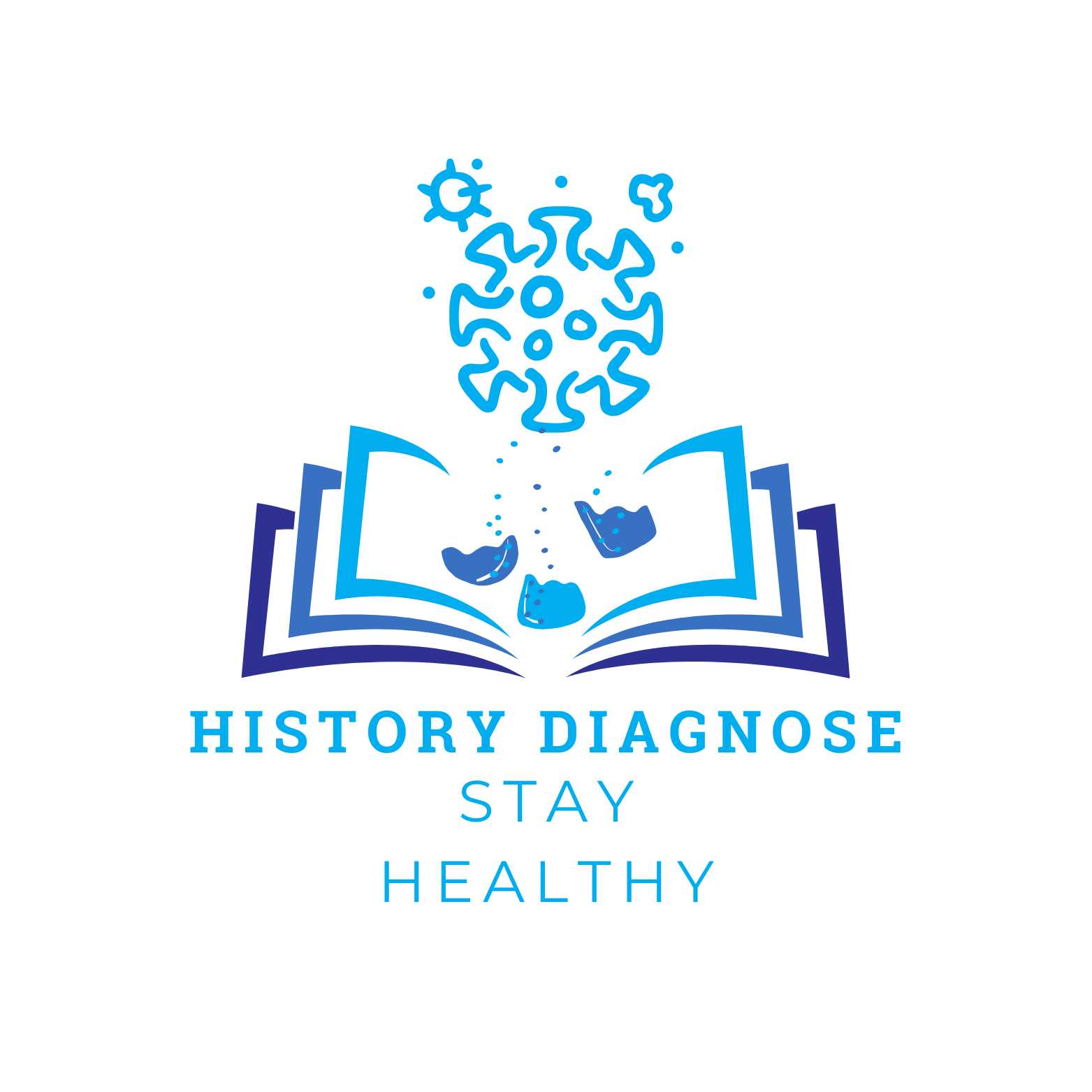Respiratory health plays a vital role in our overall well-being. Conditions like asthma and other lung diseases can significantly impact daily life. However, with proper management and a focus on breathing exercises, individuals can take control of their respiratory health and improve their quality of life. In this blog, we will explore effective asthma management strategies, common lung diseases, and the importance of incorporating breathing exercises into your routine.
What is asthma and how does it affect the respiratory system?
Common triggers and symptoms of asthma.
Importance of early diagnosis and regular monitoring.
Common triggers and symptoms of asthma.
Importance of early diagnosis and regular monitoring.
Asthma Management:-
Medications and inhalers: Types and proper usage.
Developing an asthma action plan with your healthcare provider.
Identifying and avoiding triggers.
Importance of regular check-ups and monitoring lung function.
Identifying and avoiding triggers.
Importance of regular check-ups and monitoring lung function.
Common Lung Diseases:-
Chronic obstructive pulmonary disease (COPD): Causes, symptoms, and treatment options.
Pneumonia: Types, risk factors, and preventive measures.
Bronchitis and emphysema: Understanding these respiratory conditions.
Breathing Exercises for Respiratory Health:-
Importance of deep breathing and its impact on lung capacity.
Diaphragmatic breathing techniques.
Pulmonary rehabilitation programs and exercises.
Incorporating yoga and mindfulness practices for improved respiratory function.
Diaphragmatic breathing techniques.
Pulmonary rehabilitation programs and exercises.
Incorporating yoga and mindfulness practices for improved respiratory function.
Lifestyle Changes for Respiratory Health:-
Quitting smoking and reducing exposure to secondhand smoke.
Maintaining a clean and allergen-free environment.
Regular exercise and physical activity for lung strength.
Nutritional considerations for respiratory health.
Maintaining a clean and allergen-free environment.
Regular exercise and physical activity for lung strength.
Nutritional considerations for respiratory health.
Seeking Professional Help:-
Importance of consulting a healthcare provider for personalized respiratory health guidance.
Working with respiratory therapists and specialists for comprehensive care.
Resources and support groups for individuals and caregivers.
Working with respiratory therapists and specialists for comprehensive care.
Resources and support groups for individuals and caregivers.
Early Warning Signs of Respiratory Distress:-
Recognizing common warning signs of respiratory distress.
Understanding when to seek immediate medical attention.
Emergency preparedness for respiratory emergencies.
Understanding when to seek immediate medical attention.
Emergency preparedness for respiratory emergencies.
Treatment Options for Lung Diseases:-
Medications and therapies available for various lung diseases.
Pulmonary rehabilitation programs for improving lung function.
Surgical interventions and procedures for specific conditions.
Pulmonary rehabilitation programs for improving lung function.
Surgical interventions and procedures for specific conditions.
Managing Respiratory Symptoms:-
Strategies for managing shortness of breath and wheezing.
Tips for handling coughing and chest congestion.
Utilizing nebulizers and inhalers effectively.
Tips for handling coughing and chest congestion.
Utilizing nebulizers and inhalers effectively.
Environmental Factors and Respiratory Health:-
Indoor and outdoor air quality and its impact on lung health.
Allergens and irritants to be mindful of.
Creating a clean and safe living environment.
Allergens and irritants to be mindful of.
Creating a clean and safe living environment.
Lifestyle Modifications for Respiratory Wellness:-
The role of a balanced diet in supporting respiratory health.
Importance of regular physical activity and exercise.
Managing stress and its impact on respiratory conditions.
Importance of regular physical activity and exercise.
Managing stress and its impact on respiratory conditions.
Support for Caregivers:-
Resources and support for caregivers of individuals with respiratory conditions.
Self-care tips for caregivers to maintain their well-being.
Joining support groups and seeking emotional support.
Self-care tips for caregivers to maintain their well-being.
Joining support groups and seeking emotional support.
Promoting Lung Health in the Community:-
Raising awareness about respiratory health through education campaigns.
Participating in community initiatives for clean air and pollution control.
Advocating for policies that promote respiratory wellness.
Participating in community initiatives for clean air and pollution control.
Advocating for policies that promote respiratory wellness.
Conclusion:-
Respiratory health is a crucial aspect of our overall well-being, and it deserves our attention and care. By understanding warning signs, managing lung diseases, incorporating lifestyle changes, and seeking professional help when needed, we can optimize our respiratory health. Remember to consult with healthcare professionals for personalized advice and treatment options specific to your respiratory needs. Together, we can work towards a healthier future with improved respiratory wellness.
Note:-
The information provided in this blog is for educational purposes only and should not replace professional medical advice. Always consult with a healthcare professional for personalized guidance and treatment options regarding specific respiratory health concerns.


.png)



0 Comments